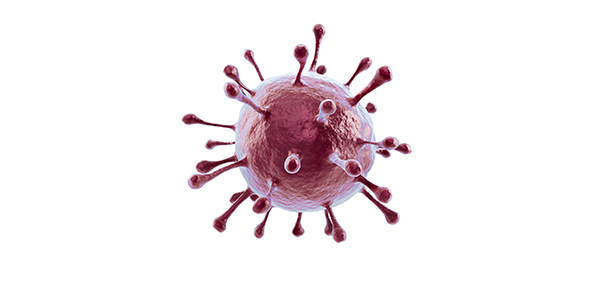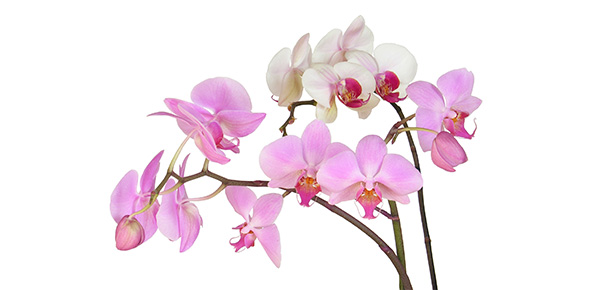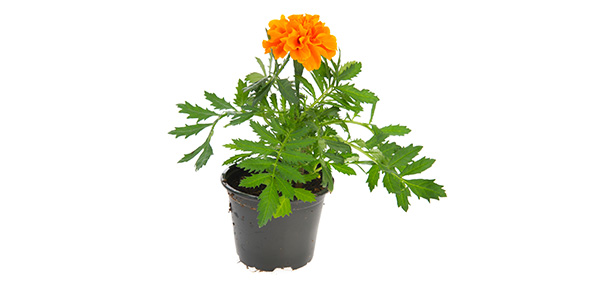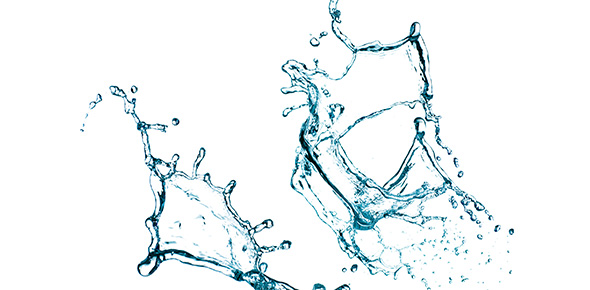Related Flashcards
Cards In This Set
| Front | Back |
|
What are some characteristics of Bryophytes?
|
They are non-vascular (no xylem or phloem). They also don't have flowers, seeds, or "true" roots. They grow closely packed together in mats or cushions And they do this on rocks, soil, or tree trunks. Many are epiphytes- meaning they grow on another organism (non-parasitic).
|
|
What is the advantage for Bryophytes to grow closely packed together?
|
It increases their chances of reproduction, since they depend on water for reproduction, but they live on land and sperm therefore cannot go far without much water.
|
|
Where do we find Bryophytes?
|
Bryophytes are usually found in moist habitats: wetlands, bogs, and streams. However they can also be found in deserts, the Arctic, and Antarctica. We don't find Bryophytes where there is pollution- sensitive to that.
|
|
Why do we see Bryophytes in some hostile environments?
|
Because Bryophytes have no 'true' roots, they don't need soil, and so are considered initial coloniers of bare rocks and soil surfaces
|
|
What are the similiarities between Charophytes, Bryophytes, and the vascular plants?
|
They have chloroplasts, motile gametes, specialized Cytokinesis, Oogamous reproduction, Nodes/branching
|
|
What characteristics do Embryophytes share (and Charophytes lack)?
|
Antheridia & Archegonia enclosed in a sterile jacket, Retention of zygote in the archegonium. Multicellular sporophyte, and sporangia (spore producing structure). Can be unisex or bisexual. Tissues produced by apical meristems. Alternating heteromorphic generations- Sporic meiosis! Meiospores have a wall of sporopollenin to resist dessication
|
|
Difference between Bryophytes and Vascular plants?
|
Bryophytes: Lack xylem & phloem, Have a large, free-living gametophyte & Smaller permanently attached sporophyte. Have a Thallus- undifferentiated bodies
Vascular plants: Sporophyte is dominant & gametophyte small, have true vascular system and lignified vascular tissues |
|
What are the 3 phyla of Bryophytes? Is the phylum Bryophytes monophyletic, paraphyletic or polyphyletic?
|
Hepatophyta, Anthocerophyta, Bryophyta, They are paraphyletic
|
|
What pivotal steps or characteristics contributed to the success of vascular plants on land?
|
The root system, shoot system, vascular tissue system, dermal tissue system, and ground tissue system all developed.
|
|
Define Root system
|
The descending axis of the plant, normally below the ground that serves to anchor the plant and to absorb and conduct water and minerals into the plant.
|
|
Define shoot system
|
The stems and leaves of the plant- the stem raises the leaves to the sun, and the leaves specialize in photosynthesis.
|
|
Define dermal tissues
|
The outer covering of the plant (the epidermis or periderm)
|
|
Define vascular tissues
|
The conductive tissues: xylem & phloem
|
|
Define ground tissues
|
Tissues other than the vascular tissues and epidermis (usually in between the two). Also called the fundamental tissue system
|
|
Define Primary growth
|
The growth that occurs relatively close to the tips of roots and stems. Initiated by the apical meristems, it is primarily involved with the extension of the plant body- often vertical growth.
|







